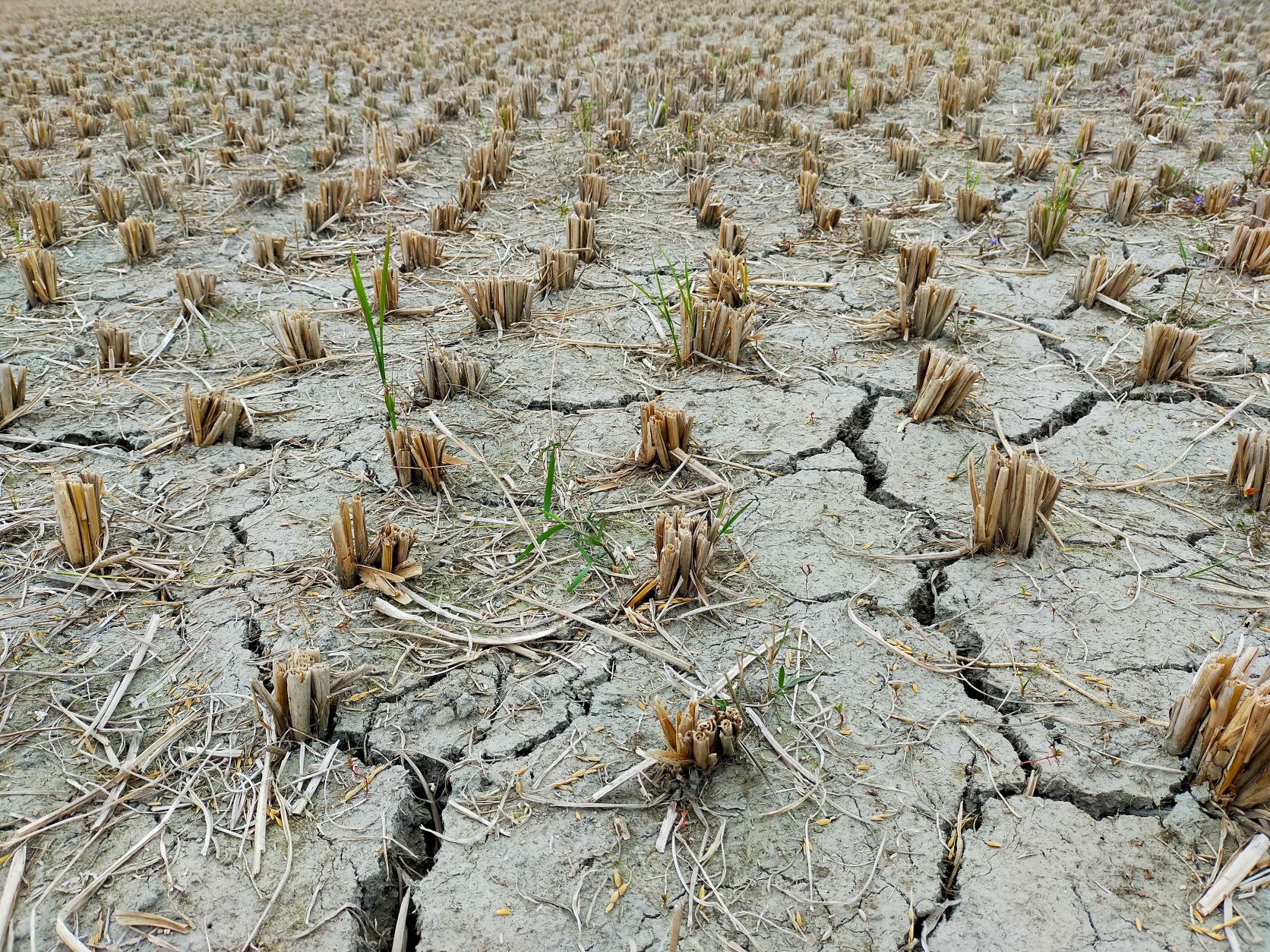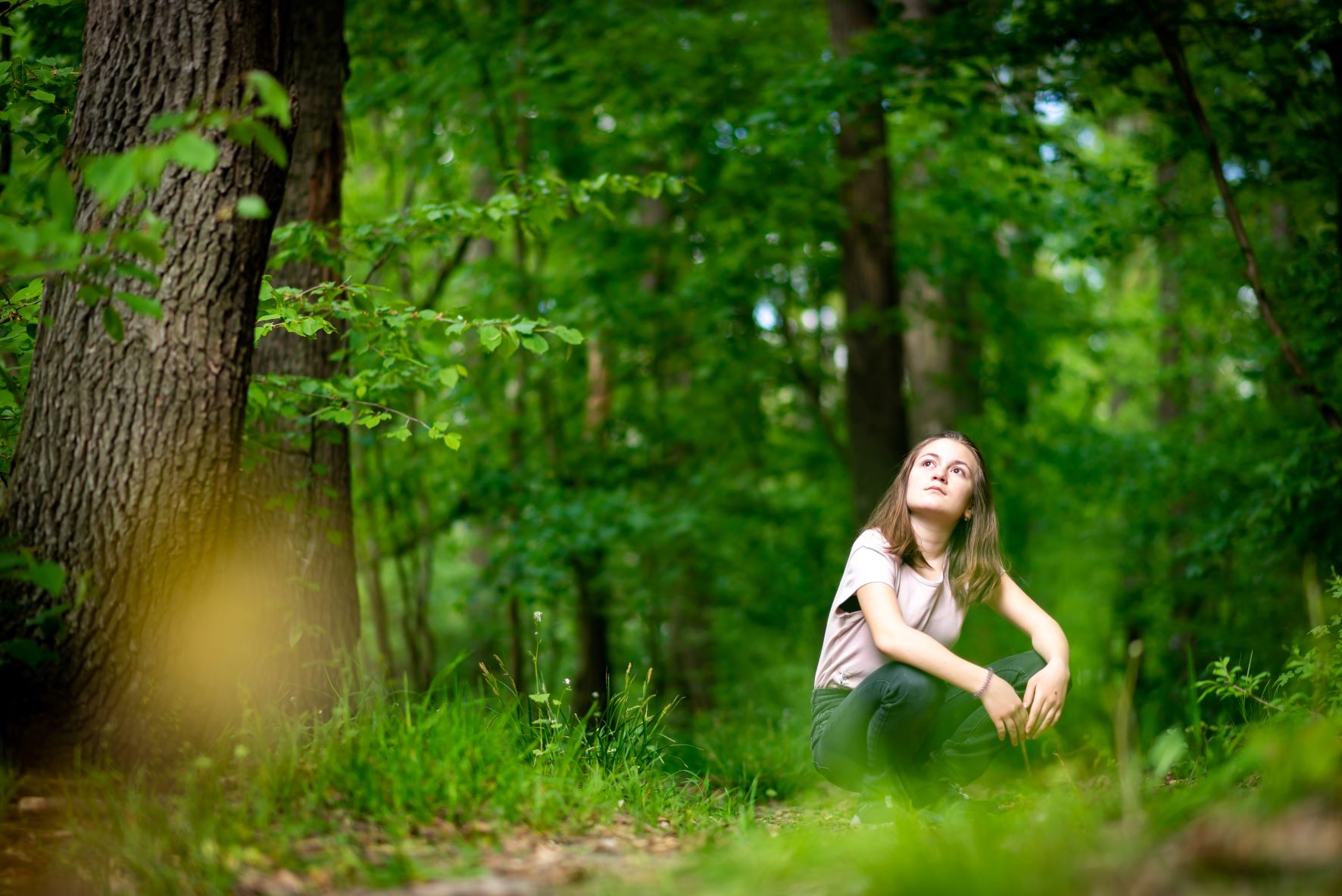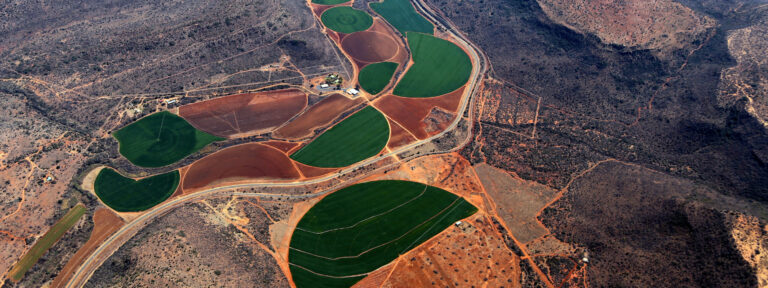
Four key ways in which human and environmental health are linked
The way we are treating the planet is not just bad for the environment – we are actively undermining our own health and well-being too. This year’s World Health Day draws attention to this crucial fact with the theme ‘Our Planet, Our Health’. Communications Manager Olivia Nater looks at four critical planetary health issues.
1) Pollution
According to the World Health Organisation (WHO), a shocking 99% of the global population are exposed to air that exceeds safety limits, and dirty air causes 4.2 million premature deaths every year. The main sources of air pollution are household and industrial combustion, motor vehicles and agriculture. The growing incidence and severity of wildfires due to climate heating is another major cause of unhealthy air.

Water pollution affects both freshwater like groundwater, rivers and lakes, as well as marine ecosystems. Over 80% of wastewater is released to the environment without adequate treatment, and one-in-four people drink contaminated water, which still causes 485,000 diarrhoeal deaths each year. Run-off from intensive agriculture is also a major source of water pollution, causing harmful algal blooms which are toxic to humans and wildife and frequently lead to catastrophic die-offs of aquatic species. A lot of the food we eat contains pesticide residue from agriculture and microplastics have now been found inside the human body. Researchers are only just beginning to analyse the potential long-term effects of these pollutants on our health.
2) Food and water security
Our food and water sources are also threatened by overexploitation, biodiversity loss and climate change. For example, countless coastal communities rely on fish to meet their nutritional needs but due to population growth and increasing global demand for animal products, fisheries are being depleted faster than they can regenerate. Many aquifers are overdrawn, leading to growing water shortage around the world.
With an estimated one-in-three food items dependent on insect pollination, the global decline in pollinators due to habitat loss and pesticide poisoning is a major concern for food security. Global heating is also negatively affecting crop yields and drying up vital freshwater sources.

3) Disease and pandemics
There is probably no clearer demonstration of how our treatment of nature comes back to bite us than the current global health crisis.
All recent pandemics, including Covid-19, originated in pathogen transmission between wild animals and humans – this is happening more frequently as a result of the wildlife trade, habitat destruction and intensive livestock farming.
Public health efforts neglect prevention, resulting in millions of lives lost, widespread suffering and huge expenses. The only way to prevent another nightmarish pandemic is by transforming our relationship with nature from one of exploitation to one of respect and nurture.
In addition, many of our medications use ingredients from or inspired by nature, and we’ve only scratched the surface in terms of discovering what is out there. While devastating in its own right, our rapid erosion of biodiversity means we are losing countless species that could be holding the key to new life-saving treatments.
4) Mental health
Last but not least, access to green spaces has been shown to be vital for mental well-being. According to the Mental Health Foundation, nearly half (45%) of UK residents said that visiting green spaces such as parks helped them to cope during the pandemic. The more pristine the environment, the greater the health benefits – immersion in unspoilt nature has a soothing effect on stress levels, boosts joy-inducing hormones, and fosters a sense of connection with all living things that can help overcome loneliness.
Unfortunately, due to urbanisation (the movement of people from rural areas to cities) and unabated environmental destruction for agriculture and human infrastructure, people are becoming increasingly disconnected from nature. This is why movements to increase the amount of protected areas and help people (especially childen) engage in outdoor activities are so important.

Everything is connected
It is not hard to understand that, just like other species, we need a healthy environment to thrive. What many people don’t realise is that investing in better health services can help nature too. For example, the development of modern sexual and reproductive healthcare, including contraception, may be the best thing we’ve ever done to protect the environment and ourselves.
Empowering people to prevent unwanted pregnancy provides tremendous health benefits for both women and children, and by slowing population growth, it helps protect biodiversity and natural resources, as well as limit pollution and climate emissions. Reducing child mortality through better paediatric health care has also been shown to lead to smaller families with greater well-being and brighter prospects.
We are nature and nature is us – let’s start taking better care of ourselves.


